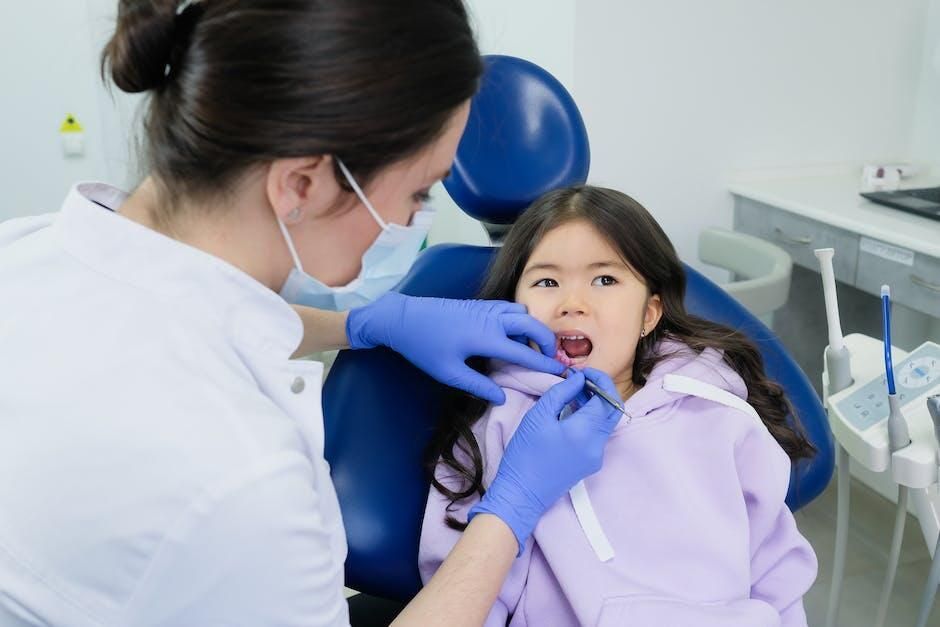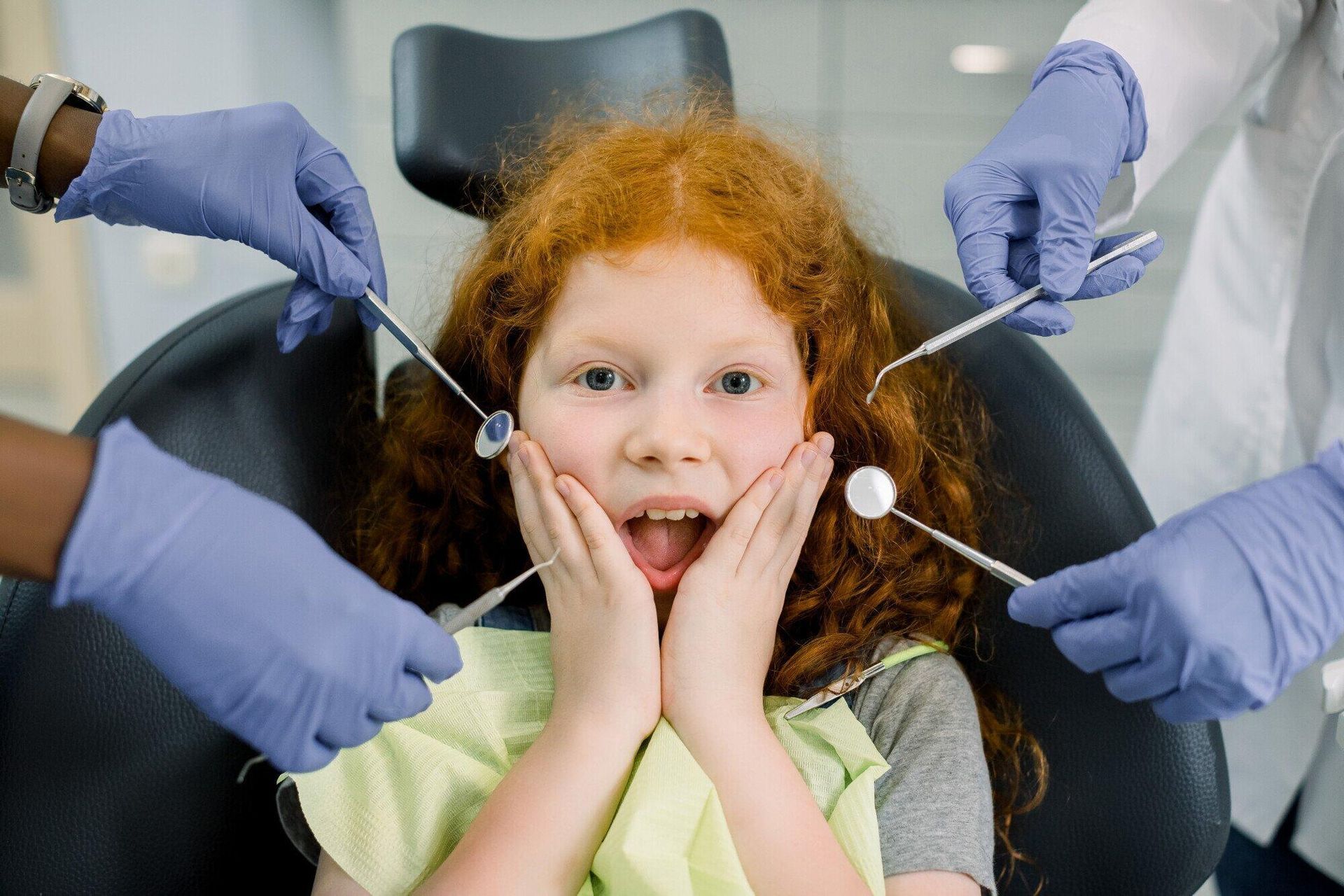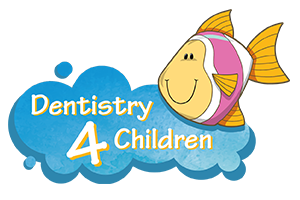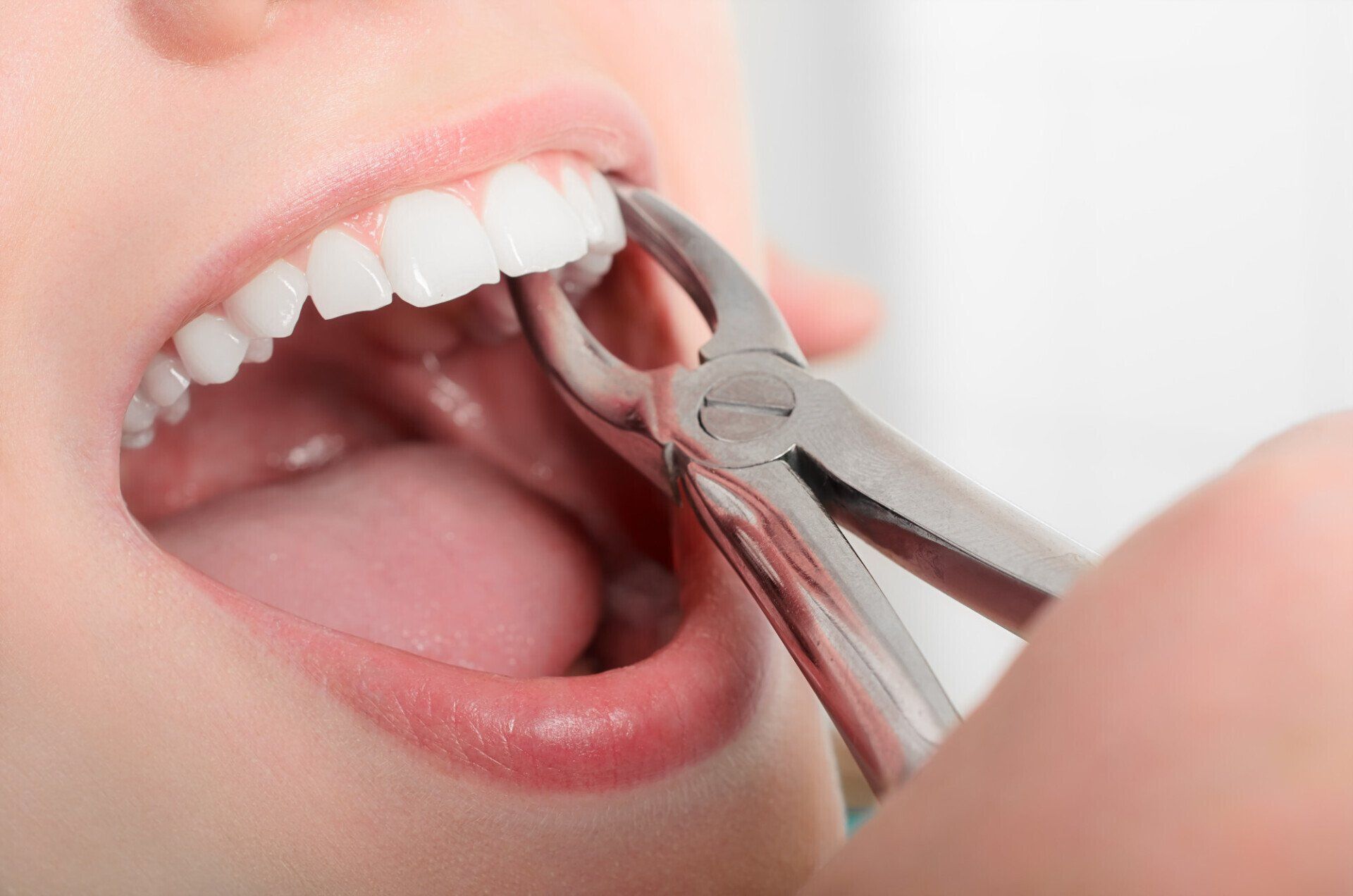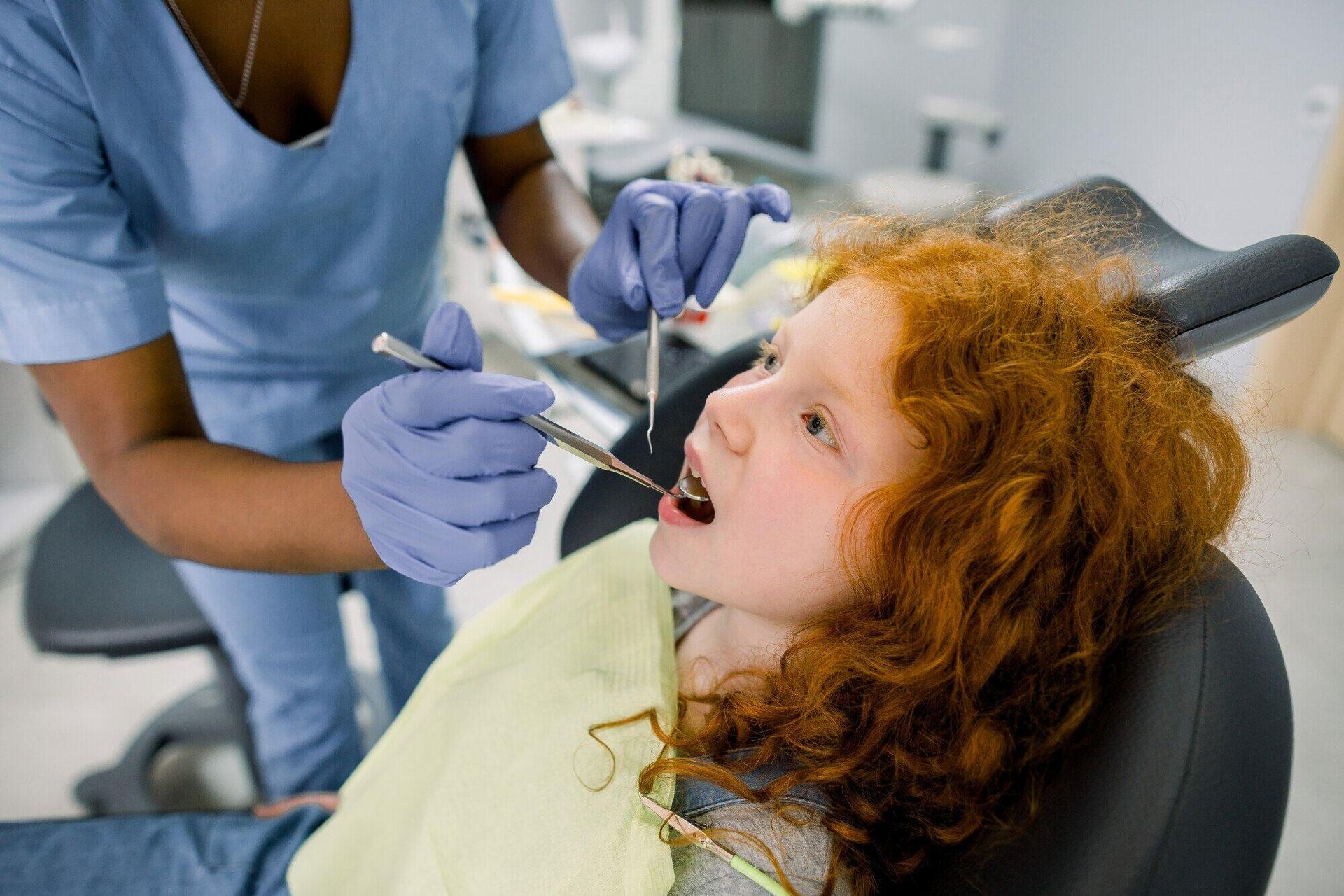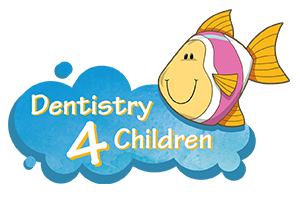What Are Tooth Extractions?
Tooth extractions are one of the most common dental procedures, and over 50% of people need a tooth extraction due to dental cavities.
Even though tooth extractions are common, many people fear visiting the dentist to get this procedure done. If you're feeling anxious about getting a tooth extraction, understanding what this procedure involves will help ease any anxieties you're feeling.
It also helps to see an experienced dentist in Friendswood, TX, so they can address any questions and concerns that you're having.
Keep reading this guide to learn everything you need to know about tooth extractions!
What Is a Tooth Extraction?
Tooth extraction is when you get your tooth completely removed from its socket during a dental procedure. You'll also hear tooth extractions being referred to as "pulling a tooth."
When Are Tooth Extractions Necessary?
Dentists aim to save your natural teeth when possible, but sometimes dental crowns or fillings won't be able to save your tooth. Your dentist will typically recommend a tooth extraction procedure if you have problems with your tooth, such as:
- Severe tooth decay
- Severe gum disease
- Serious injuries that damage the ligaments and tissues that support your tooth
- A severely cracked or fractured tooth
- Crowded teeth
- Impacted teeth
Before a tooth extraction, your dentist will assess the affected tooth and surrounding gum area. They'll also take x-rays to check your jawbone to determine the extent of any bone damage.
What Happens During a Tooth Extraction Procedure?
You'll typically receive local anesthesia to numb your tooth and surrounding gums. However, your dentist may recommend different types of anesthesia if your tooth extraction is more complicated or you have dental anxiety about the procedure.
Anesthesia Options
Your comfort during the procedure is essential, and many dentists offer sedation dentistry which typically includes medications such as:
- Nitrous oxide or laughing gas you inhale through a mask
- Oral conscious sedation is given in pill form and sometimes used with nitrous oxide
- Intravenous sedation involves medications delivered to your bloodstream via an IV
Some people might need general anesthesia in a hospital setting for more complicated tooth extraction cases or if they have severe dental anxiety.
The Tooth Extraction
Once you have the anesthesia you need, your dentist will use special dental instruments to loosen your tooth and remove it from the socket. Your dentist may need to make an incision in your gums to access your tooth if it's severely damaged or decayed.
After your tooth is removed, the socket will be disinfected and cleaned thoroughly. You may also need stitches to ensure the area heals without problems.
Your dentist will then place gauze over the affected area so you can bite down to apply pressure to stop any bleeding and allow a blood clot to form. This blood clot serves as a protective barrier and must remain in place for proper healing to occur.
If this clot becomes dislodged, it can lead to a painful condition known as a dry socket which causes severe pain, and you'll need to see your dentist for treatment.
What Happens After a Tooth Extraction?
After your tooth extraction, you'll receive a list of instructions you need to follow immediately after your procedure to avoid any complications with healing.
The typical guidelines you'll receive include:
Clean the Extraction Site
Your dentist will instruct you not to rinse your mouth for 24 hours after the procedure and instead spit gently.
The following day, you'll need to rinse the site using an antimicrobial mouthwash at least 2 to 3 times daily. Avoid brushing the area directly, and ensure you practice good oral hygiene by brushing and flossing the rest of your teeth as you usually would.
Your dentist may also recommend you use warm salt water rinses 24 hours after the procedure. To do this, mix a half teaspoon of salt in 8 ounces of warm water and rinse your mouth a few times daily.
Take Your Medications as Directed
It's important not to miss taking your prescribed medications after this procedure.
Depending on the complexity of your tooth extraction, your dentist may prescribe pain relievers for you to take. You might also need to take antibiotics or over-the-counter pain medications such as ibuprofen.
Use an Ice Pack
To reduce swelling after the procedure, apply an ice pack to your cheek for 10 minutes at a time, at least three times a day.
Avoid Strenuous Activity
Too much activity immediately after your procedure can elevate your heart rate and cause discomfort and bleeding. You'll need to rest and relax for the first 24 hours after tooth extraction and avoid strenuous physical activity for 48 to 72 hours.
Eat Soft Foods
You'll need to avoid crunchy or hard foods for the first few days. You'll also want to avoid using a straw for the first 24 hour hours as this could dislodge the clot that's formed and cause bleeding.
Your dentist will recommend that you stick to soft foods like eggs, yogurt, applesauce, pasta, or rice. Once you start healing, you can slowly start adding other foods to your diet.
How Long Does It Take to Recover From a Tooth Extraction?
Most of the time, tooth extraction recovery takes between 48 to 72 hours. After this, you can return to your normal activities.
However, your total healing time can take from 1 to 3 weeks, depending on how complicated your tooth extraction was.
Talk to a Dentist in Friendswood, TX, About Tooth Extractions
Now that you know more about tooth extractions, you'll know what to expect during the procedure and feel less anxious overall.
If you need to find a dentist in Friendswood, TX, that you can count on, then Dentistry 4 Children and Bay Area Dental Specialists has just what you're looking for.
We treat both adults and children and offer general dentistry, cosmetic dentistry, sedation dentistry, and oral surgery services. From crowns, bridges, implants, and dentures, we offer a full array of dental care services to fit your needs.
We look forward to helping you, so make sure you contact us today to schedule an appointment!
